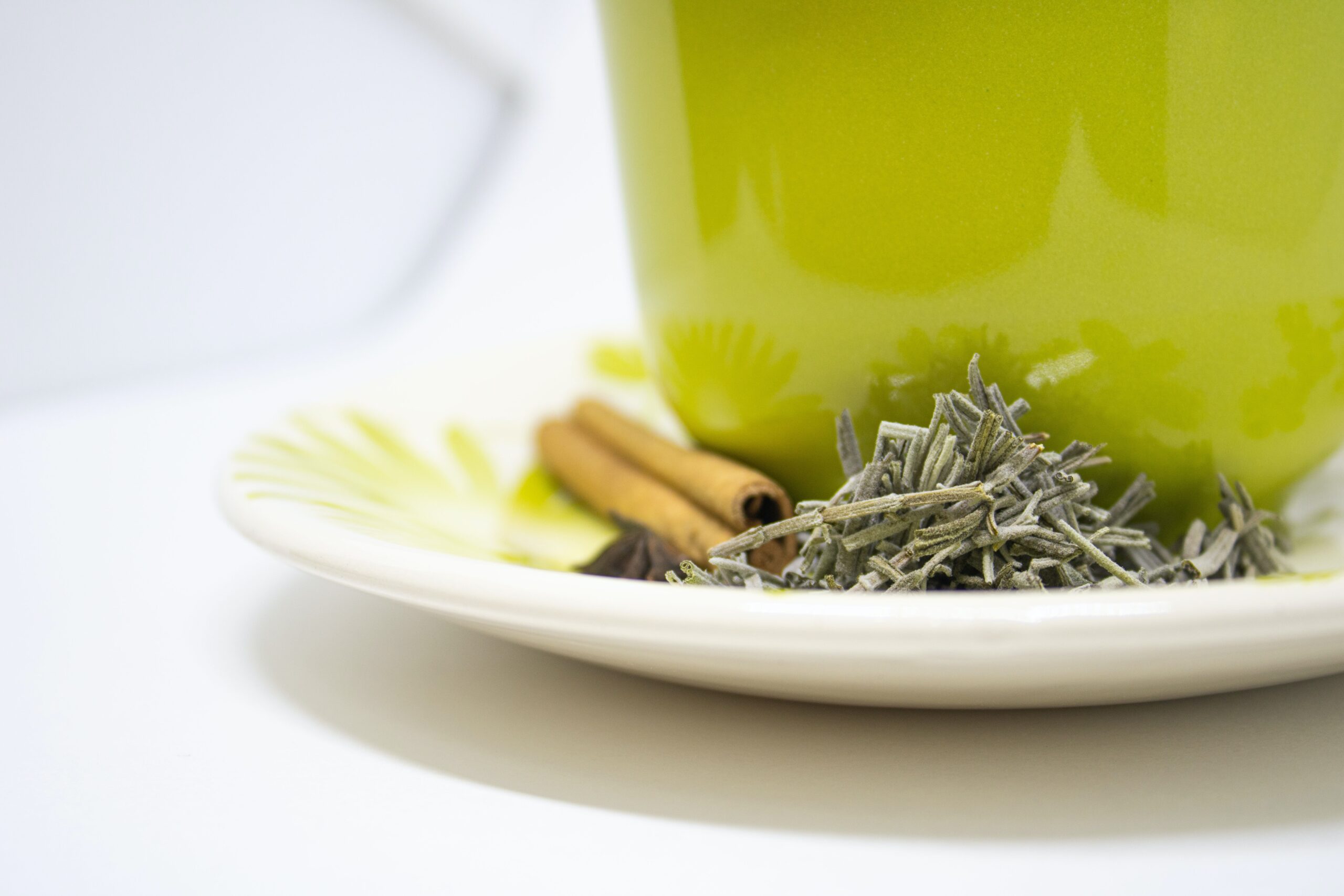Indonesian herbal products penetrate Saudi market

Jakarta (Indonesia Window) – Indonesian herbal products succeed in penetrating the Saudi Arabian market, marked by the first export of spices of two companies, namely, PT Industri Jamu and Farmasi Sido Muncul.
“There are always opportunities in the middle of difficulty. One of which is the opportunity to export Indonesian spice products. Business actors should continue to take advantage of this opportunity to boost Indonesia’s trade performance during the COVID-19 pandemic,” Indonesian Trade Minister Agus Suparmanto said in a statement received by Indonesia Window here on Tuesday.
The release of the first container of the first export of PT Industri Jamu dan Farmasi Sido Muncul to Saudi Arabia took place virtually on Monday (Aug 10).
On that occasion, the Director General of National Export Development of the Ministry of Trade, Kasan remarked that Indonesian herbal products continued to develop and were increasingly recognized internationally.
The Ministry of Trade is optimistic that this success will encourage the biopharmaceutical as well as food and beverage industries to continue to penetrate the global market amid the pandemic.
According to Kasan, the initial export was a follow-up to the signing of the cooperation between PT Industri Jamu and Farmasi Sido Muncul, and their Saudi partner, Mizanain.
The agreement was reached at the Trade Expo Indonesia in October 2019.
“We are proud of today’s achievement. The Ministry of Trade also facilitates this export, starting from the signing of the cooperation at the 2019 Trade Expo Indonesia to the release of the first container today,” Kasan said.
He highly appreciated the export, considering that Saudi Arabia had implemented a policy of increasing import duty rates on 500 types of products to rise state the kingdom’s revenues in response to the pandemic.
The policy is considered to have direct and indirect impacts on Indonesia’s trade to Saudi Arabia.
However, products of the bio-pharmacy as well as food and beverage sectors are the ones not directly affected by the regulation.
Kasan said the pandemic had an impact on all aspects of trade, both in terms of supply and demand.
Therefore, the Ministry of Trade is working with various parties at home and abroad in boosting national export performance to continue to increase.
Several steps taken by the ministry are simplifying or reducing bans and restrictions, as well as accelerating the export process through the National Logistics Ecosystem.
The ministry has also simplified and accelerated the issuance of certificates of origin for exported-products through the application of affixed signature and stamp.
The service allows signatures and stamps to be applied electronically to the certificates of origin.
The Ministry of Trade also proposes that the Indonesia Eximbank provide a stimulus in the form of trade financing for exporters who are affected by the pandemic and having financial difficulties, as well as carry out programs to increase the national exports of non-oil and gas products.
The ministry’s data shows that in the first semester of 2020, Indonesia’s exports of bio-pharmaceutical products reached 4.2 million U.S. dollars or an increase of 32.8 percent compared to that in the same period of 2019 at 3.17 million U.S. dollars.
That significant growth is encouraging amid the decline in the purchasing power around the world.
Meanwhile, in January – June 2020, Indonesia’s exports reached 76.4 billion U.S. dollars, while imports were recorded at 70.9 billion U.S. dollars.
In June 2020, the performance of Indonesia’s non-oil and gas exports began to move positively with an increase of 15.73 percent compared to that on the earlier month.
On the other hand, imports of raw materials during that period also increased by 24.01 percent compared to that on the previous month.
Reporting by Indonesia Window

.jpg)








